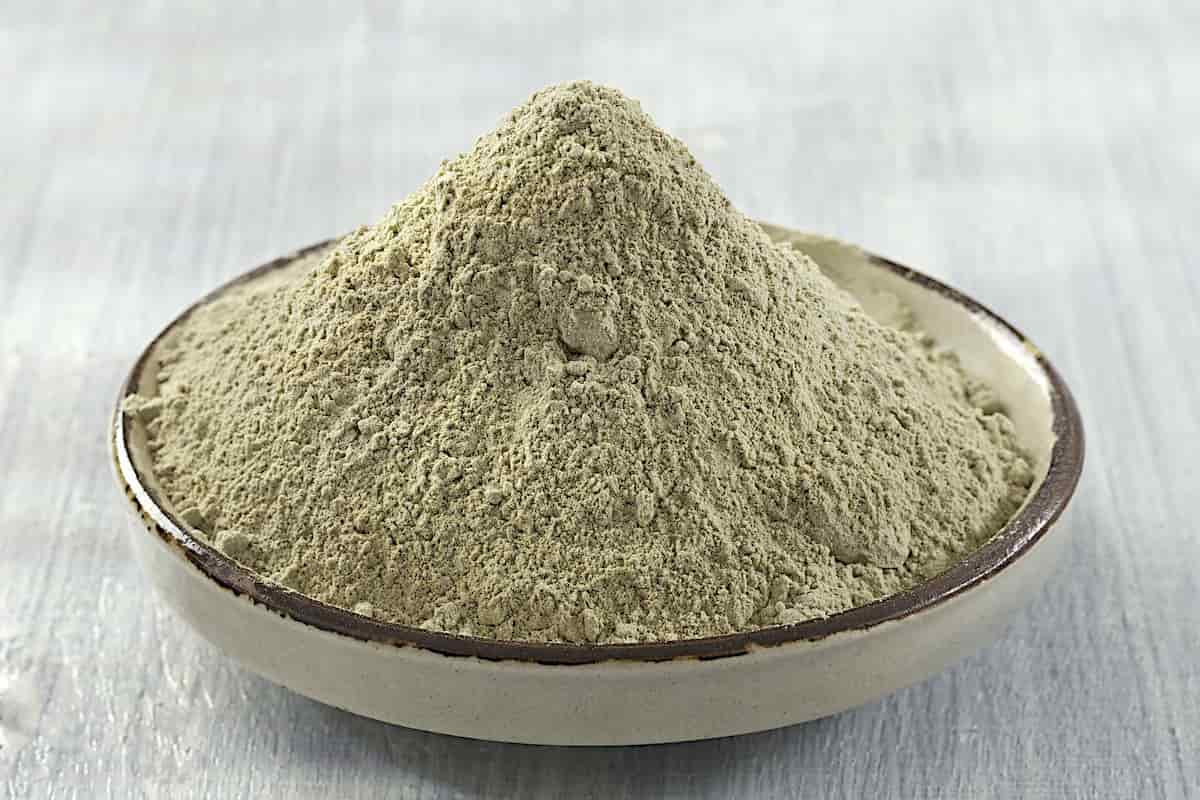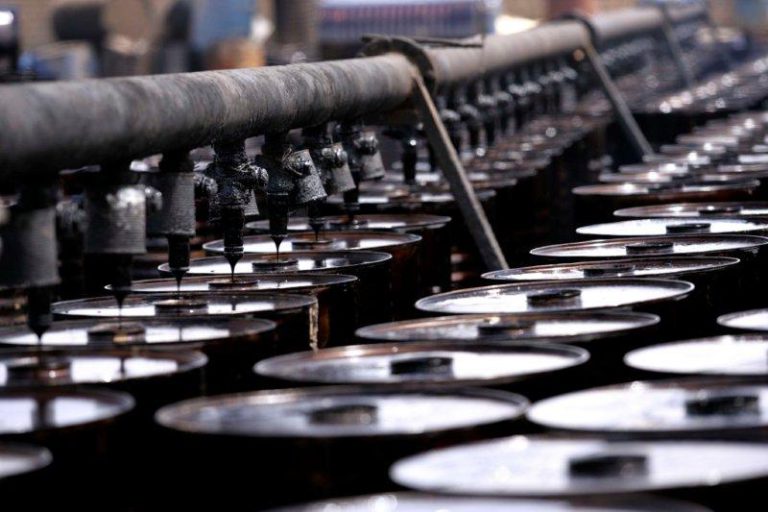About Bentonite
Bentonite is one of the most widely used and versatile industrial minerals in the world. It is a type of clay, primarily composed of montmorillonite, a mineral that is rich in aluminum and silicate. Due to its remarkable properties, bentonite has a wide range of applications, from being used in drilling fluids to cosmetics and pharmaceutical products. This article will explore the nature of bentonite, its formation, types, and various uses, along with its environmental and economic significance.
The Formation of Bentonite
Bentonite is a naturally occurring clay that is primarily formed by the weathering of volcanic ash. When volcanic ash reacts with water over time, it undergoes a process called “diagenesis,” which leads to the formation of montmorillonite, the primary mineral that makes up bentonite. The clay is typically found in layers that were deposited in ancient lakes or seas, and its distinctive properties are the result of its geological history.
The quality and properties of bentonite vary depending on the source, but its defining characteristic is its ability to absorb water, swell, and form a gel-like substance. These characteristics are what make bentonite so valuable in a wide range of industrial applications.
Types of Bentonite
There are primarily two types of bentonite: sodium bentonite and calcium bentonite. Each type has its own unique properties and is used for different purposes.
- Sodium Bentonite
- Sodium bentonite is known for its excellent swelling properties. When mixed with water, it can expand up to several times its original size, forming a thick, gel-like substance. This type of bentonite is commonly used in applications such as drilling mud, where it is used to lubricate drilling equipment, stabilize the borehole, and prevent fluid loss.
- It is also widely used in applications like sealing ponds and landfills, where its water retention and swelling properties help to create impermeable barriers.
- Calcium Bentonite
- Calcium bentonite is typically less expansive than sodium bentonite. It is often used in applications where it is necessary to bind or absorb other substances. This type of bentonite is commonly used in the manufacturing of foundry sands, where it helps to improve the molding process by binding the sand particles together.
- Calcium bentonite is also used in applications such as pet litter, where its ability to absorb moisture and control odors is highly beneficial.
- Other Types of Bentonite
- There are also potassium bentonite and aluminum bentonite, but these are much less common and typically occur in specific geological conditions.
Key Properties of Bentonite
Bentonite is prized for a number of key properties that make it suitable for a wide variety of industrial and commercial uses:
- Absorbent: Bentonite has the ability to absorb significant amounts of water, which makes it useful in drilling, sealing, and absorbent applications.
- Swelling Capacity: As mentioned earlier, sodium bentonite can swell when mixed with water, which makes it ideal for use in applications such as sealing and lubrication.
- Thixotropy: Bentonite has a unique ability to form a gel when mixed with water and revert to a liquid when agitated. This is particularly useful in drilling fluids, where the fluid needs to remain in a gel-like state when still but be able to flow easily when pumped.
- Cation Exchange Capacity (CEC): Bentonite has a high CEC, meaning it can exchange its positively charged ions with those in its environment. This property is useful in applications like water treatment, where bentonite can absorb harmful ions or chemicals from water.
Common Applications of Bentonite
Bentonite has a wide range of uses across many industries. Some of the most common applications include:
- Drilling Fluids
- Bentonite is most commonly associated with drilling fluids, where it plays a critical role in oil, gas, and water well drilling. The high swelling capacity of sodium bentonite makes it ideal for use in drilling mud, where it helps to lubricate the drill bit, stabilize the borehole, and carry cuttings from the well to the surface.
- The use of bentonite in drilling fluids also helps to maintain the integrity of the borehole by preventing the formation from collapsing and by controlling the loss of fluid into the surrounding rock layers.
- Foundry Industry
- Bentonite is used in the foundry industry to manufacture molds and cores for metal casting. Calcium bentonite, in particular, is widely used in this process due to its excellent binding properties. Bentonite helps to form the molds that hold molten metal, ensuring that the metal solidifies into the desired shape.
- Civil Engineering and Construction
- Bentonite is used in construction for applications such as sealing ponds, landfills, and dams. Its ability to swell when exposed to water makes it an effective material for preventing water seepage in structures like landfills and water containment systems.
- It is also used in the construction of slurry walls, where it helps to maintain the stability of the wall during excavation and provides water resistance.
- Pet Litter
- Bentonite’s moisture-absorbing properties make it ideal for use in pet litter. When mixed with clay, bentonite forms clumps that help control odor and absorb moisture. This makes it highly popular for use in cat litter boxes.
- Cosmetics and Pharmaceuticals
- Bentonite is often used in cosmetic products, such as face masks and lotions, due to its ability to absorb oils and impurities from the skin. It is also used in the pharmaceutical industry, where it is used as a binder in tablets and as an excipient in oral medications.
- Agriculture
- Bentonite is used in agriculture to improve soil quality. It can help with water retention, reduce erosion, and enhance the physical structure of soil. Bentonite is also used as a carrier for pesticides and fertilizers, ensuring the even distribution of these products in the soil.
- Environmental Remediation
- Due to its ability to adsorb heavy metals and organic compounds, bentonite is used in environmental remediation projects. It is used to treat contaminated water and soil by absorbing toxins and preventing their spread into the environment.
The Environmental Impact of Bentonite
While bentonite is a natural material, its extraction and use can have environmental impacts. The mining of bentonite can lead to the disruption of local ecosystems and the depletion of natural resources. However, many companies, including Vornaco, are taking steps to minimize the environmental footprint of bentonite production. This includes using sustainable mining practices and ensuring that mined areas are rehabilitated after extraction.
Furthermore, bentonite’s role in water filtration and environmental cleanup projects is beneficial for the environment. Its ability to absorb and remove harmful substances makes it an effective tool in cleaning up contaminated sites and protecting water sources.
The Economic Significance of Bentonite
Bentonite is a valuable commodity in the global market, and its economic importance is steadily increasing as industries around the world continue to rely on it for various applications. The demand for bentonite has grown with the rise of construction, drilling, and environmental remediation projects. Its affordability, versatility, and availability make it a cost-effective solution for many industries.
The price of bentonite can vary depending on the quality, quantity, and location of extraction. However, it remains a key raw material in industries such as oil and gas drilling, which depend on it for critical operations.
Future of Bentonite
As industries continue to evolve, the use of bentonite will likely expand into new applications. Advances in technology may lead to the development of new forms of bentonite with improved properties, further increasing its versatility and applications. In addition, the growing focus on sustainability and environmental protection will likely lead to innovations in bentonite production, ensuring that it remains a vital material for industries worldwide.






